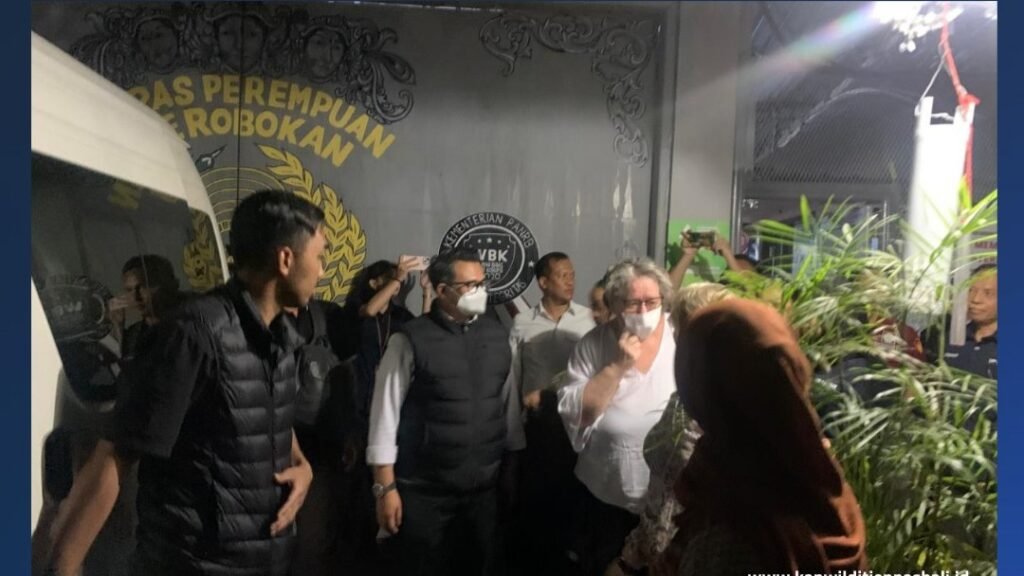
Ngurah Rai International Airport, Bali, is currently facing a significant labor dispute, with employees initiating a three-day strike over concerns regarding their employment status. The strike, sparked by a decree that designates employees as temporary or project-based rather than permanent, has raised issues about job security and benefits.
Core Issues Behind the Strike
The decree reclassified employees as temporary workers, contradicting their expectations of permanent employment. This shift has significant legal implications, affecting job security and benefits, leading to widespread dissatisfaction and anxiety among the workforce
Strike Details and Impact

The strike began on August 19 and is scheduled to last three days. Employees from various departments are participating in a peaceful walkout. Despite the strike, airport services for passengers remain largely unaffected and will continue as usual, with management implementing additional safety measures. While the strike raises concerns about potential disruptions, the management remains committed to maintaining normal operations during this period.
Management’s Response
The airport management has engaged in discussions to address the concerns but has yet to resolve the issue. While they assure the public that passenger safety and convenience are prioritized, the lack of concrete actions has led to ongoing dissatisfaction among employees.
Broader Implications
This strike has broader implications for Bali’s tourism industry, as Ngurah Rai International Airport is a critical gateway for visitors. The labor dispute could impact the airport’s operations and reputation, and unresolved issues may lead to potential job losses, particularly for employees in shops at the international arrival terminal.
Final Thoughts
The strike at Ngurah Rai International Airport underscores significant concerns about employment practices and job security. Resolving these issues will require negotiation and possible revisions to the decree, ensuring stability for the airport’s workforce and minimizing the long-term impact on Bali’s economy and tourism industry.









